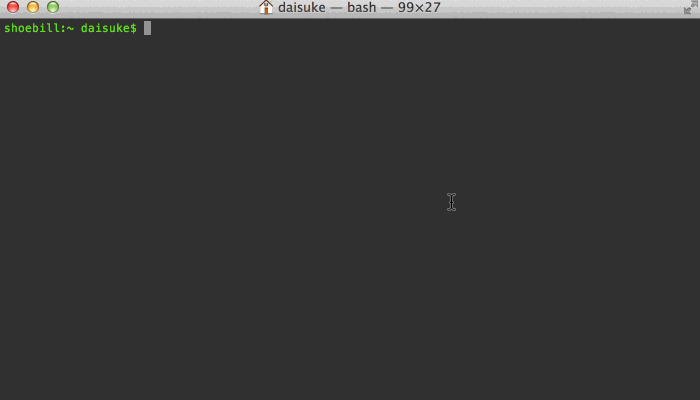===========================================================
.___ __ __
_________________ __ __ __| _/|__|/ |_
/ ___\_` __ \__ \ | | \/ __ | | \\_ __\
/ /_/ > | \// __ \| | / /_/ | | || |
\___ /|__| (____ /____/\____ | |__||__|
/_____/ \/ \/
grep rough audit - static analysis tool
v2.8 written by @Wireghoul
=================================[justanotherhacker.com]===
peco-0.5.1/README.md-29-
peco-0.5.1/README.md:30:
peco-0.5.1/README.md-31-
##############################################
peco-0.5.1/README.md-540-
peco-0.5.1/README.md:541:Elements in the `Args` section are string keys to array of program arguments. The special token `$QUERY` will be replaced with the unaltered query as the user typed in (i.e. multiple-word queries will be passed as a single string). You may pass in any other arguments in this array. If you omit this in your config, a default value of `[]string{"$QUERY"}` will be used
peco-0.5.1/README.md-542-
##############################################
peco-0.5.1/README.md-607-
peco-0.5.1/README.md:608:This will create a `peco` binary in `$(RELEASE_DIR)/peco_$(GOOS)_$(GOARCH)/peco$(SUFFIX)`. Or, of course, you can just run
peco-0.5.1/README.md-609-